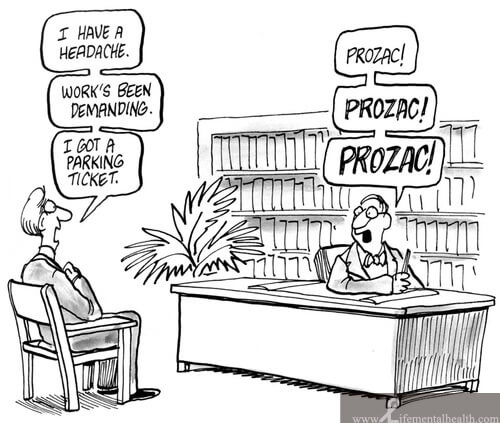 My doctor wanted to prescribe drugs when I got diagnosed with MS and I said no. I said no, and went about researching as much as I possibly could. I started seeing a naturopathic doctor and asked him questions about what I had been researching.
My doctor wanted to prescribe drugs when I got diagnosed with MS and I said no. I said no, and went about researching as much as I possibly could. I started seeing a naturopathic doctor and asked him questions about what I had been researching.
What about birth control? Should I be on the pill? What about coffee? Is it really as bad as this book makes it out to be? What about an antifungal? Shouldn’t I be taking one?
Pretty soon it felt like I knew more than him, and so I had to make a decision to say no to him too. I had to stop doing what he told me to do, because it didn’t feel right. It felt like he was telling me to do things that weren’t as helpful as they should be. That weren’t as specific as they needed to be. That weren’t doing as good of a job as they could have been doing. For me.
So I took the risk of saying no to my doctors. Twice.
Saying no to a doctor is a huge risk.
It’s risky because…
- I might offend my doctor.
- I’m challenging my doctor’s knowledge — someone with more education and training than I.
- There’s a chance the doctor will say, “Fine. You don’t want to do things my way? Good luck finding a new doctor.”
- It’s just like firing anyone else — or like breaking up with your hair stylist — I have to tell someone who’s trained in a specialty that he or she isn’t doing a good job.
- What if the doctor — you know, the one with the MD — is right and I’m wrong?
The doctor-patient relationship is much like the teacher-student relationship. It’s an imbalanced relationship wherein one party knows more than the other, and the party with lesser knowledge is supposed to defer to the one who knows more. It’s a given that the patient and the student defer to the doctor and the teacher because they know better. They have more experience. They have studied longer. They have practiced longer. They have higher degrees. They have mastered their fields. The patient and student are still learning, and therefore need to subject themselves to the expert.
Don’t get me wrong: There was a time in our not-to-distant history when doctors and teachers alike had access to information that their patients and students didn’t have access too. They were not to be questioned. But we live in the Information Age and there are more options than ever before. The doctors and teachers of the world still have their areas of expertise and their opinions hold a lot of weight. My neurologist is one of the leading doctors studying MS in the world and my husband and I took his recommendation for drug therapy very seriously.
But so much of modern medicine prescribes a default treatment plan. MS diagnosis? Here are the drug options: would you like to inject yourself once a day or once a week? The problem with this approach is that every person’s body is different. A one-size-fits-all prescription just doesn’t work anymore and doctors should start treating their patients as the individuals that they are.
So at some point I have to question my doctor and ask whether his recommendation is the only option. At some point the doctor-patient and teacher-student relationships balance out and the patient is on equal ground with the doctor; the student is on equal ground with the teacher. When doctors or teachers come upon a problem or question that they can’t answer, they should go back to the books, to the Internet, to their research in order to discover what they do not yet know.
So that is what I have been doing with my health. I have been researching to discover and learn what I do not yet know. And what happens, then, when the patient researches while the doctor doesn’t? What happens when the patient comes to the doctor and says, “I’ve read this book, have you heard of it?” And the doctor says, “No.” And the patient says, “This book says there could be a connection between MS and yeast overgrowth, what do you know about that?” And the doctor stumbles over his words.
Has the patient surpassed this so-called guide? Are doctors expected to read every book that their patients ask about?
Doing what the doctor tells me to do is taking the path of least resistance.
In my experience the path of least resistance ends up leading to a place where I don’t want to be.
I avoid choosing when I follow the path of least resistance. I don’t have to analyze the information I’m given and examine the alternatives critically. I avoid doing my own research and making my own decisions. Why? Because I’ve delegated the task to someone else. Do I trust the other person? Sometimes, a close friend or spouse may be trustworthy because trustworthiness is the major quality possessed by all health professionals at walk-in clinic Elmhurst and their decision has made positive changes in all of their patients.
MD or no MD — why would I ever let anyone else think for me? Especially when it comes to my physical wellbeing?
This is the thing that bugs me so much about apathetic students in my classroom. They don’t want to think. They want me to tell them what to do. They just want to know what they need to do to get a good grade. They have relinquished their thinking. It’s lazy. It’s irresponsible. It leads to the Big Brother domination George Orwell wrote about in 1984.
If I am going to give myself a shot every day for the rest of my life, I want to know what is in that shot. I want to know what it will do to my body. And I sure as hell am not going to simply take the word of a stranger. A stranger who just showed me pictures of my brain and told me that I have MS. He’s in no position to tell me what to do.
And I’m in no position to just take his word for it. I am in no position to let him boss me around.
I am going to tell him no. I am going to risk my own health and well-being for the sake of my own thinking.
***
Read more about what I’m learning along the way. Sign up for my email list & get a free copy of my ebook, Bold is Beautiful.

Very well written post. Being in your same situation, your post echoes my thoughts exactly. I finally saw a neurologist, he was on the fence with a diagnosis since my MRI only showed minimal possibilities of MS. He still however recommended shots or Tecfidera. I politely declined and have been doing the “damn diet” in the most severely strict of ways (less than 5g sat. fat/day, and mostly fruits/veges) and have lost weight and feel like a million bucks. He did order blood work and everything that was checked was normal except my Vit. D was a bit low, which as I understand it can be detrimental to MS patients. I began taking a supplement and getting more sunlight. It is amazing to me your outlook and vigorous intentions to think and research for yourself have mirrored my own journey almost to the letter.
Kudos. I also loved the Orwell reference!
Thank you, Jeremy. It is so great to hear from someone experiencing similar things who is getting value out of my story. I’m glad to hear you are doing well and finding benefits with the diet and supplements. Vitamin D is something I started taking right away too. One thing I found interesting after seeing a naturopathic doctor for the first time is that a lot of my blood work that my western doctors said was “normal,” wasn’t “normal” or in a “healthy range” according to my naturopathic doctor. My neurologist had prescribed 2,000 units of vitamin D when I was in the “high-risk” category for developing MS. As soon as I saw a naturopathic doctor, he upped the vitamin D to 20,000 units for 60 days to get my levels back to a healthy level. I now take 6,000 units on a daily basis.
Great post! Such an important topic for all of us. I think a lot about this in terms of therapist-client relationship too. Each person is unique in their body and being, and they are the sovereigns of their own lives. The more we can step into that, the more we can respond with what’s best for our own health and well-being. Bravo to your journey!